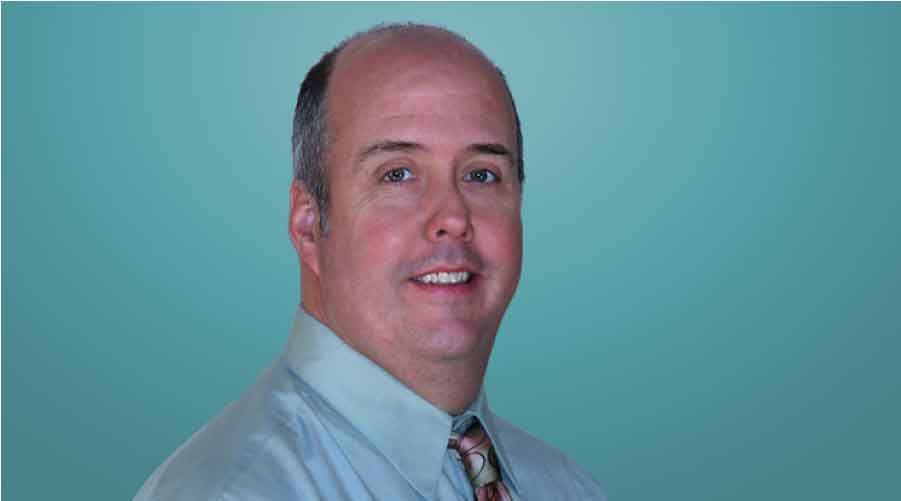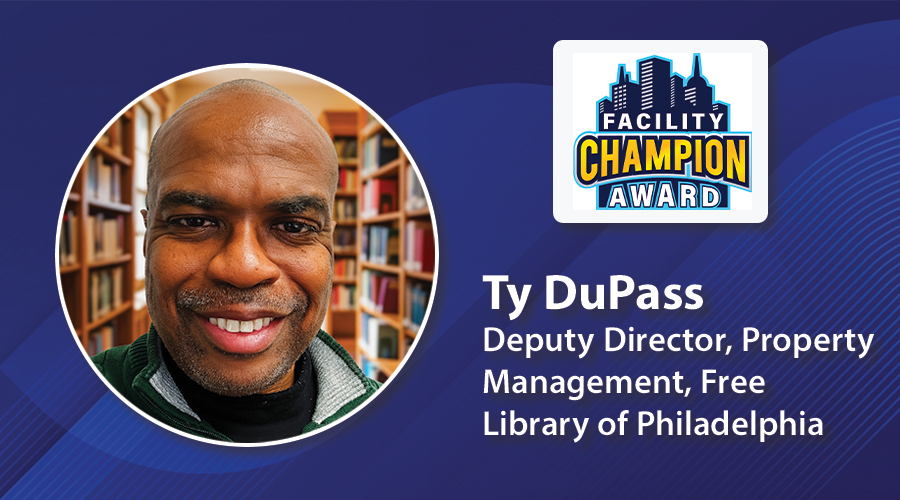With Credentials, Continuing Education, the Sky's the Limit for FMs
Facilities managers crush their career goals through the hard work of professional development.
Sometimes it can seem like it's taking everything you've got just to make it to the end of the workday. Work orders are popping, it's budgeting season, the weather is acting like a toddler. Then you have to go home and do the rest of your life.
It can be easy to let a decade or two slip by like that, showing up and putting out the daily fires. But facility management is a career that holds amazing potential for growth and access to entire new vistas of possibility as a generation enters retirement and there are not always obvious successors waiting to take the spots. For those in facility management who are properly prepared, it's a choose-your-own-adventure kind of opportunity.
Thankfully, you don't need a doctorate in facility management to position yourself to take over the FM world — though that's an option. But professional development of some kind will be necessary.
As facility management has formalized and codified itself over the last few decades, a whole range of professional development options have become more widely available. From the standpoint of the individual, there are low cost strategies such as networking with peers at association gatherings, and collaborating with mentors to help clarify ways to grow. Facility leaders looking to grow their teams can set up peer-to-peer job shadowing programs within their own organizations or collaborate with a local peer organization to share experiences and expertise on a particular building system or operations strategy.
These no or low cost professional development options can be augmented with more formal options, including attending trade show education sessions, participating in webinars, earning a credential, or even a degree in facility management. The more structured career development options offer multiple benefits for the individual, but they can also provide facility management leadership a way to deepen their team's bench, boost productivity, and even improve retention.
What's in it for you?
Which type and level of career development is best is mostly a personal call, as facility management remains a field without a prescribed entry point or path. While this boosts the diversity of skills and backgrounds in the field, it can also make it tricky to figure out the best way forward. The options for career development are numerous. Or you could just go for all of them, like Jason Lackner, facilities manager, plant engineering, at BAE Systems.
Never a "school person," Lackner started in facilities when he was 18 as an intern and tradesman, not really knowing much about the industry, he says. By 29, he was working on his master's in energy management with a focus on facility management, and loving all the writing and scholarly rigor it required. "I guess I turned into a nerd," he says, chuckling.
After he was in the field for a few years, somebody at his work spoke to him about how there was more to the industry than what he was doing in his day to day. That led to his first credential, the LEED Green Associate, which opened up his eyes to the possibilities of the career.
The LEED credential started a professional development snowball in his life. Lackner realized that he wanted to go the management route. However, when he started to look to move up, he was running into a wall at all the jobs where he was applying. "Any time I'd call a place or submit my resume, they'd say, 'Well you don't have the experience of managing people, so we're not going to grant you an interview,'" he says. His plan of action? An accelerated bachelor's in business administration and earning the Facility Management Professional (FMP) credential. "It took about a year and I learned a lot," he says of the FMP. "I still have those books on my desk for reference." After that, the doors started opening when he knocked.
Lackner went on to get his master's, as well as earn his Sustainability Facility Professional (SFP) and the Certified Facility Manager (CFM) credentials. "What I liked about doing the master's program after being in the industry for a while is that I was able to apply what I learned at work to school, and what I learned at school to work," Lackner says.
Joseph Donato, director of buildings and grounds with ASTM International, saw a similar benefit after getting the ProFM credential. A 20-year veteran of the field, he says the credential helped him improve vendor relationships, staff management, and risk management. With the 24 topics covered by the ProFM, it was almost like getting a "mini degree," he says. "This was an extremely challenging course to take," he says. "It was a lot to remember. It was almost like going to college and getting a degree."
Degrees and credentials can be complementary to each other, but they're different approaches to continuing education. In a degree program, the student is learning the subject from the ground up. A credential program provides next-level competencies which are most valuable within the context of a career, says Alana Dunoff, consultant with AFD Facility Planning, associate adjunct in Temple University's FM Program, and instructor for both the FMP and ProFM credentials. "Credentialing gives people the confidence that their knowledge has real value and can be defined and acknowledged by an industry," she says.
Even for the small but growing group of people who came into the industry from a facility management degree program, there is value in getting a credential. Even the accredited degree programs don't cover all of the material that is in the credential programs, says Dunoff. "It's not the same stuff we cover in school.” The credential programs are “a layer up," she says.
When her former students ask if they should pursue a master's degree, Dunoff says she encourages them to think about an MBA. "The combination of facilities management and an MBA is the golden ticket for real growth up the ladder, because now you're really speaking the language of the organization."
Knowledge-based credentials provide "a body of knowledge to really sink your teeth into," which provides professionals already in the field the polish needed to lead with confidence, says Dunoff.
Related Topics:













